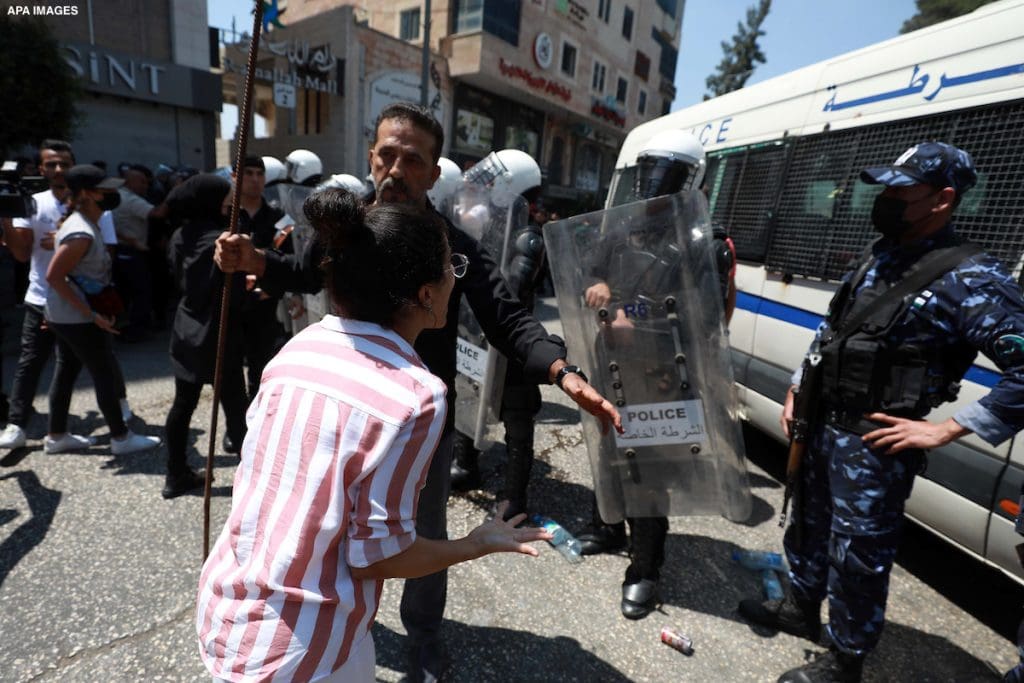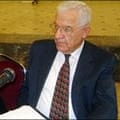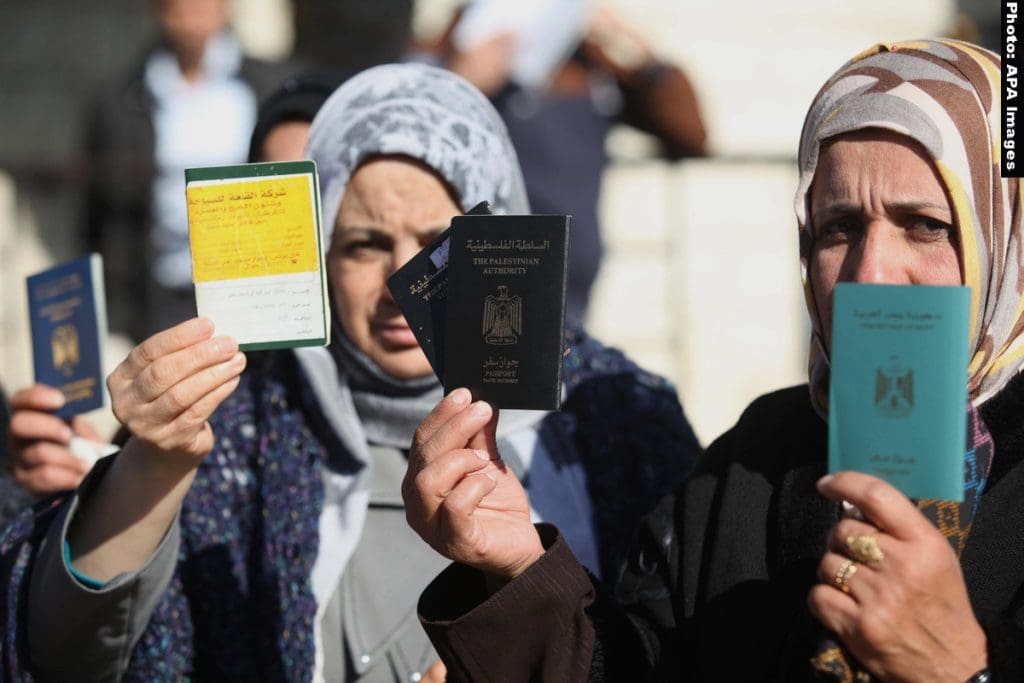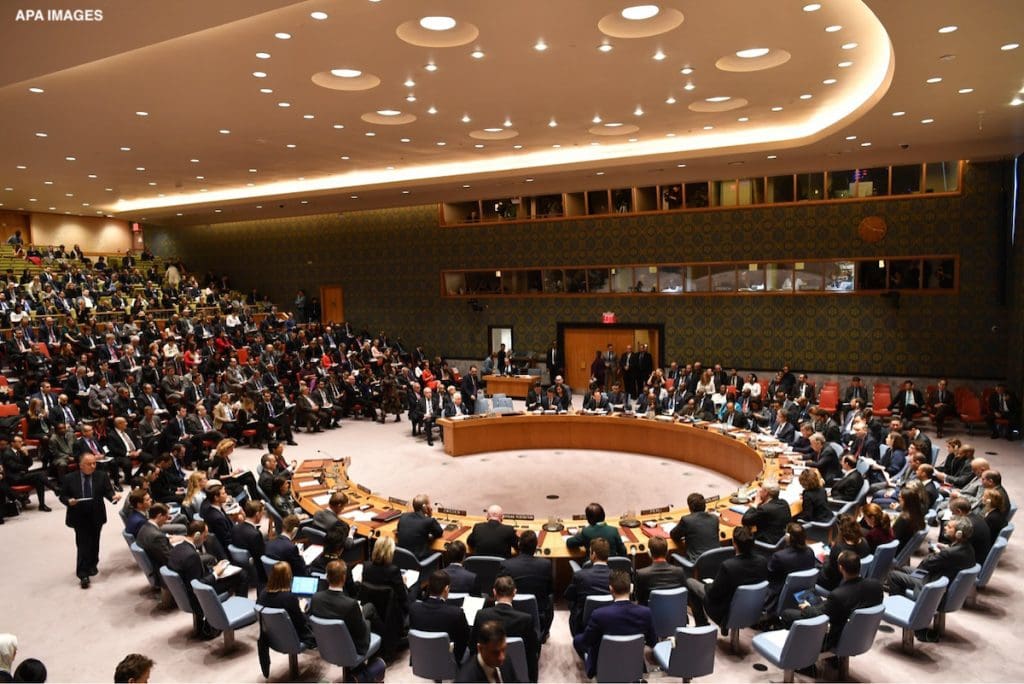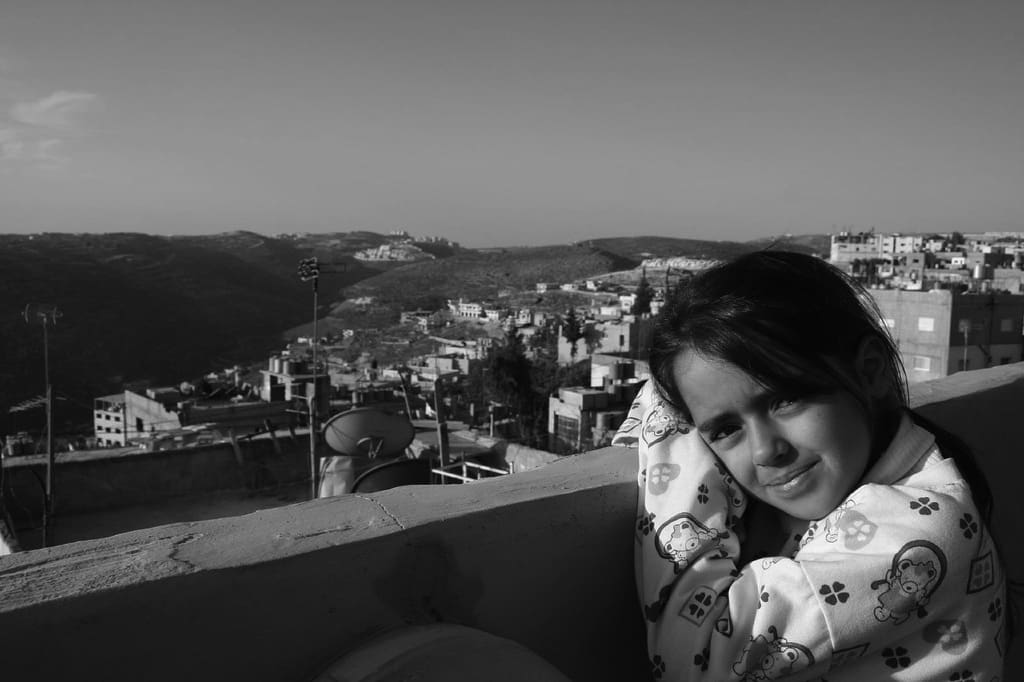Ingrid Jaradat Gassner (d. 2023) was a co-founder and former director of Badil Resource Center for Palestinian Residency and Refugee Rights (Badil). She worked extensively in the fields of international law and advocacy, including innovative research on Palestinian refugees, the right to return, Israeli colonialism and apartheid and related third-state responsibilities. She also coordinated research for a Palestinian civic initiative seeking to register exiled Palestinians as voters and campaign for direct PNC elections and carried out advocacy with the Civic Coalition for Palestinian Rights in Jerusalem.
From this author
Punctuated by the outbreak of the Unity Intifada in May 2021, the trajectory of Palestinian resistance is experiencing a watershed phase marked by new actors and themes. With the effective neutralization of the Palestinian Liberation Organization (PLO) since the 1993 Oslo Accords, the deepening geopolitical fragmentation of Palestinians across colonized Palestine and the world, and the global shift to cyberspace, new opportunities — and threats — to Palestinian resistance have emerged.




+
Sam Bahour,Rana Barakat,Mary Nazzal-Batayneh, + MoreOroub el-Abed,Nadia Hijab,Victor Kashkoush,Anis Kassim,Osamah Khalil,Mouin Rabbani,Jamil Hilal,Loubna Qutami,Haidar Eid,Yara Hawari,Nadim Nashif,Raya Naamneh,Omar Barghouti,Marwa Fatafta,Tariq Dana,Hatem Bazian,Noura Erakat,Alaa Tartir,Issam Younis,Nada Awad,Diana Buttu,Ingrid Jaradat Gassner· Aug 26, 2021
A quarter of a century since the signing of the Oslo Accords, an independent and sovereign Palestinian state has become little more than a myth as Israel continues to expand its settler colonial project and military occupation. Oslo’s structure and framework are to blame for this reality, as the Accords were not a peace agreement but a security arrangement between colonizer and colonized.
The Israeli right is poised to annex much or all of the West Bank while continuing to isolate Gaza – either through continued siege or by pushing it on to Egypt’s plate. Donald Trump’s stance on Jerusalem offers recognition of illegal annexation that could be just the beginning. And his drive to cut back the United States contribution to UNRWA could presage a campaign to definitively close the door on the rights of Palestinian refugees 70 years after Israel’s creation and the loss of Palestine.
To say there is no longer a consensus among the Palestinian people on the ultimate political solution is to state the obvious. On the one hand, those claiming political leadership over the Palestinians are pursuing a sovereign state alongside Israel. On the other, the voices calling for a single democratic state in all of the land that constituted Mandate Palestine until 1948 are growing louder. Indeed, Palestinian and other analysts are taking advantage of US President Donald Trump’s statement that he could live with either outcome to push the boundaries of debate beyond two states.





The rights of Palestinian refugees have been long neglected and their suffering has been carried from generation to generation for 67 years. In his recent piece A Bold Proposal: Palestine Should Give Its Refugees Citizenship, Al-Shabaka Policy Advisor Fateh Azzam argued that the State of Palestine should confer citizenship on its stateless refugees and enter into bilateral agreements with other states regarding the status of Palestinian citizens in each country.
International law is not a self-executing set of rules that automatically brings justice. It is shaped by politics and used for political aims. Used in this way, international law has contributed to the ongoing oppression and fragmentation of the Palestinian people. When combined with the existing Oslo framework, it has been selectively used to pursue an unfair land-for-peace formula while covering up the ongoing Israeli colonization, confiscation and annexation of Palestinian land and oppression of the Palestinian people.

Ingrid Jaradat Gassner· Jul 17, 2013
Palestinians must themselves be the agents of their return. Some civil society campaigns are contributing to achieving return, such as the boycott, divestment and sanctions (BDS) movement and legal actions. But for real progress the internal obstacles to return must be addressed, including the lack of a consensus on how to achieve Palestinian self-determination. These are among the key points raised in this roundtable organized by Al-Shabaka’s Policy Circle on Return.








